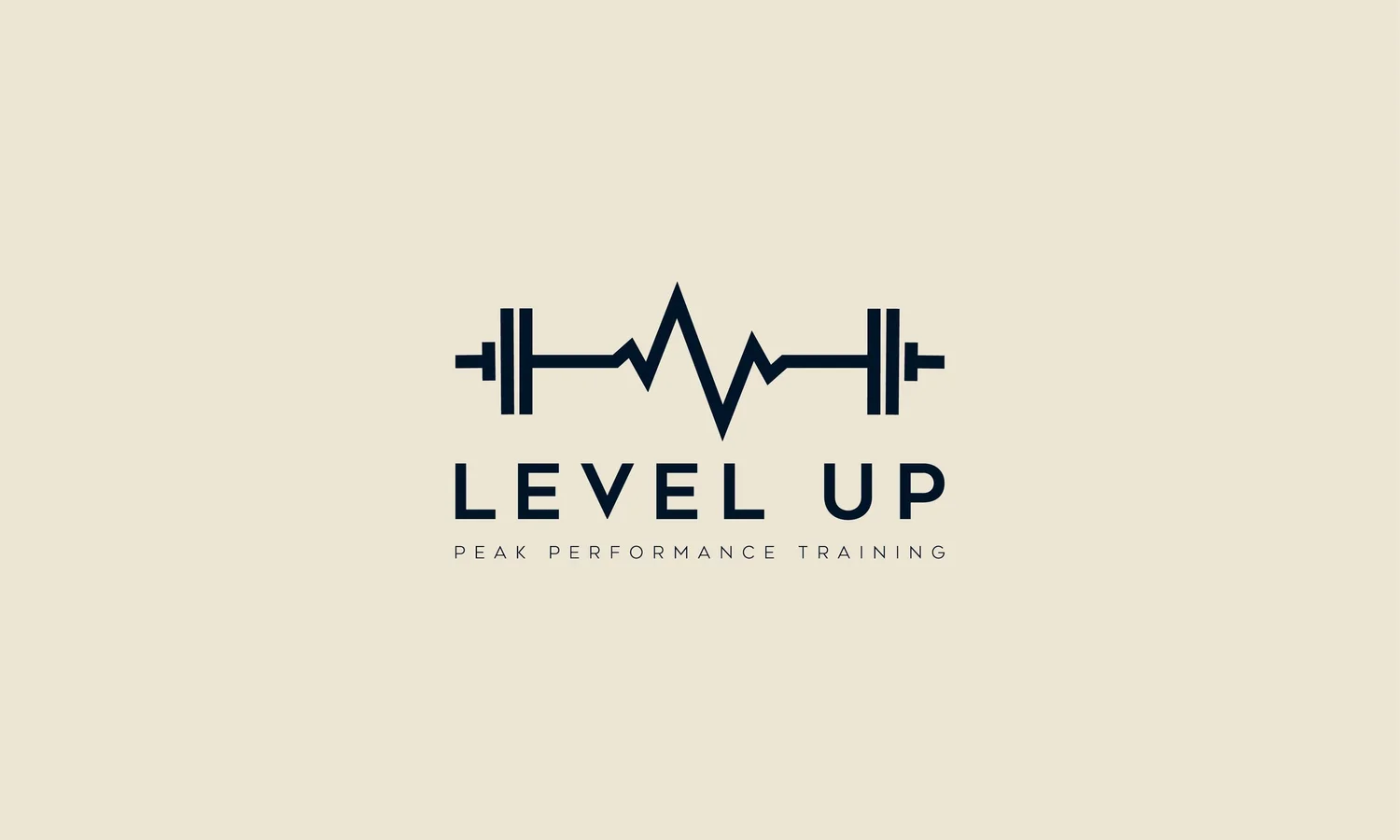Diet pros & cons…
What serves your body type best ?
KETO
Ketogenic diets take carbohydrate levels extremely low, so that the body is forced to make ketones from your amino acids to burn fat as fuel as this diet is high in fats.
Pro: Fats are very important for proper brain function.
Con: Its difficult to sustain & you don’t get all the nutrients, vitamins & fibres that your body essentially needs, so this will eventually lead to a disfunction somewhere else in the body.
In addition, when you do revert back to having some carbohydrates it will spike your blood sugar resulting in weight gain.
Keto diet is BEST suited for :
1.) Endomorphs ( these body types have a higher fat percentage, slower metabolism & hold weight around the stomach & hips. )
They store fat easily & struggle with insuklin resistance.
keto helps stabilize blood sugar & promotes fat loss by switching the body fat to its primary fuel. This can help in the aid of weight loss & reduce inflammation.
2.) People with insulin resistance or metabolic syndrome as it can help improve insulin sensitivity.
Keto diet is NOT suited for :
1.) Ectomorphs ( Naturally lean, fast metabolism & hard to gain muscle. ) This is due to low glycogen levels with effects muscle growth, and therefore keto can lead to muscle loss if proper protein intake isn’t managed.
You can modify this with incorporating carbs around workouts but In a nut shell, it’s not really worth it.
2.) Athletes or high performance lifters - Any one doing intense training, heavy lifts or cross fit may find that keto limits muscle recovery and explosive power due to low glycogen.
Again you can take a clinical approach and do carb refers on training days but holistically in my opinion it’s much better to eat a well balanced diet that supports your training & body type CONSISTENTLY.
FASTING
Intermittent fasting means to not eat for 12 or more hours. There are a few approaches, the 16:8 & 12:12.
16:8 Eat dinner around 6pm and then have breakfast at 10 am. This is done on a rest day where you are not likely to be using much energy between wake up and 10 am.
12:12 Eat dinner at 6pm and then nothing until breakfast at 6am. This is more ideal if you are training from 7am onwards as your body will need the calorie intake for fuel towards your workout.
Pros: It aids to a natural fasting rhythm that occurs when we sleep & gives your body time to process nutrients. It cuts out the unnecessary snacking to help sustain a calorie deficit which results in weight loss.
In addition it helps with inflammation, heart health, insulin sensitivity, brain function & cholesterol levels.
Cons: For some it can increase hunger and cravings, so you end up gaining weight.
Personal opionion: I like this, it’s a more natural approach to the body, as long as you use the right time frame of fasting so it doesn’t inhibit your training.
Intermittent fasting (IF) diet is BEST suited for :
This can be effective for different body types, but its suitability depends on metabolism, activity levels, and goals. I.E
1.) Endomorphs (Higher Body Fat, Slower Metabolism): IF helps regulate insulin, reduce fat storage, and promote steady energy levels, making it effective for fat loss and metabolic health.
2.) Mesomorphs (Naturally Athletic, Gain Muscle Easily): Can use IF for fat loss while maintaining muscle, as long as workouts and meal timing are structured properly.
3.) People with Insulin Resistance or Metabolic Issues: IF improves blood sugar regulation and insulin sensitivity, benefiting those with prediabetes, type 2 diabetes (under supervision), or metabolic syndrome.
Intermittent fasting (IF) diet is NOT suited for :
1.) Ectomorphs (Lean, Fast Metabolism, Hard to Gain Muscle): It may lead to muscle loss and energy dips. Extended fasting can cause caloric deficits that hinder muscle gain. A shorter fasting window (12:12 or 14:10) is a better option if doing this.
2.) Athletes & Strength Trainers: Intense training requires frequent nutrient intake for recovery and muscle growth. A time-restricted eating approach (such as 12:12 or 14:10) is often more effective than longer fasts.
CARB CYCLING
Carb cycling alternates the amounts of carbs you consume each day based on your level of activity. The days you have a large amount of carbs are the days you are training in the gym. The lazy sundays or rest based days in the week are the days you consume less carbs.
Pros: If you have been on a low carb diet, your metabolism will have been effected by this, so carb cycling is good way to reintroduce a higher amount of carbs on training days to help get your body functioning properly again. Fact:
Pro: Some people do better with less carbs than others.
Con : Deprivation of any amount of food source deprives you of vital vitamins & nutrients.
Personal opinion: It can be a useful transitional tool but is still a restricted diet none the less and you need to plan out your training specifically to match your carb days.

